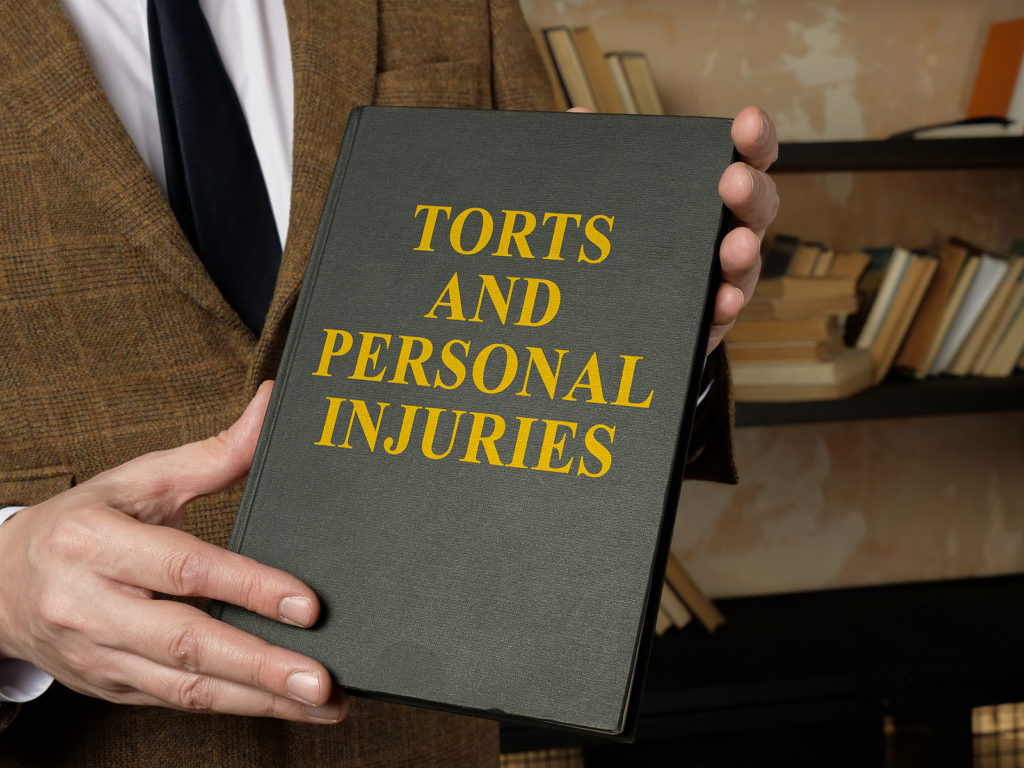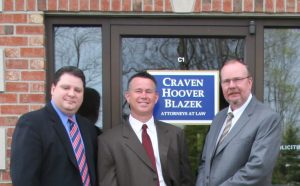Torts are civil wrong-doings, immoral behaviors, failing to use reasonable care and/or actions against civilians. Most often, torts come with consequences, like serious injuries and death. These consequences establish a civilian’s right to file a personal injury claim against a wrongful party and to recover damages from the wrongful party’s insurance carrier, except for intentional crimes.
Torts that result in serious injury or death can be punishable by imprisonment depending on the wrongful act; however, the objective of tort law is to provide for compensation for damages incurred by victims and families of victims. Its additional, and equally important, depending upon the tort, the intent is to prevent similar wrongdoings from occurring in the future.
Continue reading to learn the 3 categories of torts, and what to do if you are an injured victim who was wrongfully hurt in an accident caused by another.

Tort Law
There are several individual capacities of tort law that all depend on the type of injury or accident that harms a person. Types of cases involving torts include motor vehicle accidents, product liability, assault and battery, sexual harassment, drunk driving accidents, wrongful death, slip and falls, head or brain injuries, dog bites, nursing home neglect, motorcycle accidents, and several other types of infliction of emotional or physical trauma.
Most torts can be grouped into at least one of three separate categories: Intentional Torts, Negligent Torts, and Strict Liability Torts.
► Intentional torts are deliberate, premeditated, and purposeful. Assault and battery, sexual misconducts, and nursing home neglect are some examples of intentional tort.
► Negligent tort occurs as a result of carelessness and disregard. Disobeying traffic signals, failing to pay attention while driving, speeding and causing an accident that harms another person are examples of negligent torts.
► Strict liability torts, on the other hand, occur when a particular action causes harm or damage to another person, such as liability for making and selling defective products that are hazardous.
What to Do as an Injured Victim of a Wrongful Accident
Victims of torts can pursue fair compensation for damages incurred as a result of the tort. Exemplary damages include everything from pain and suffering to loss of companionship, and much more, such as lost wages, hospital bills, medical expenses, scarring or disfigurement, funeral expenses, prolonged rehabilitation, permanent disabilities, and much more.
Injured victims can also pursue compensation for damages like diminished quality of life and loss of benefits from a loved one’s death. Tort law is established to protect injured victims that were wrongfully hurt by a negligent party. Negligent parties can include people, companies, individuals, organizations, etc…
If you are a victim of tort or were recently injured in an accident caused by the negligence or misconduct of another party, you may be entitled to compensation for your damages. Contact a licensed personal injury law firm for professional guidance and counsel. It is important to take immediate action following a serious injury before the statute of limitation runs out. An experienced tort lawyer will substantially increase your chances and likelihood of winning your personal injury claim recovering compensation for your damages.
Are you ready to learn about your eligibility for recovering compensation as a survivor of a wrongful accident in Indiana? Contact the Law Office of Craven, Hoover, and Blazek P.C. at 317-881-2700 and schedule a free consultation with a seasoned personal injury lawyer in Indianapolis, today. We represent inured persons and the survivors in wrongful death cases throughout the state of Indiana.
You Might Also Read:
Interesting Facts About the History of Tort Law
What are Dignitary Torts?
The Difference Between Intentional and Unintentional Torts



